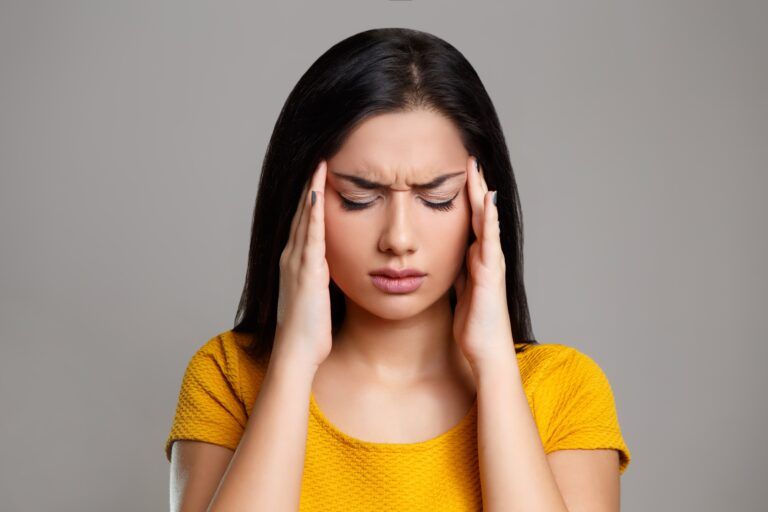Tension headaches are among the most common types of headaches, affecting millions of people worldwide. Despite their prevalence, there are many myths and misconceptions about the causes, symptoms, and treatment of tension headaches. In this article, we address the most common myths about tension headaches and explain what's true.
Myth 1: Tension headaches are only caused by stress
Although stress is indeed one of the factors that trigger tension headaches, it is far from the only cause. Tension headaches can also be caused by persistent tension in the neck and head muscles, poor posture, fatigue, dehydration, and even long periods of computer work. Lack of sleep, skipping meals, and consuming certain foods (like those high in caffeine) can also contribute to this pain.
Myth 2: Tension headaches is a minor pain that doesn't interfere with daily life
Although tension headaches, unlike migraines, are usually not accompanied by serious neurological symptoms such as nausea and vomiting, this does not mean that they do not interfere with daily life. For many people, tension headaches can last from a few hours to a few days and impair concentration, performance, and overall quality of life. In some cases, chronic tension headaches can lead to depression and anxiety.
Myth 3: Painkillers are the only effective treatment for tension headaches
Indeed, painkillers can help relieve pain, but their continuous use can lead to the opposite effect—the development of medication-induced headaches. For effective tension headache treatment, it is important to eliminate the triggering factors: pay attention to your posture, take breaks from working on the computer, do neck exercises, maintain a healthy hydration level, and monitor your stress levels. In addition, relaxation techniques such as yoga, meditation, and massage can significantly reduce the frequency and intensity of headaches.
Myth 4: Tension headaches are the same as migraines
Although headaches accompany both conditions, they are completely different disorders. TTH is usually experienced as a pressing, dull pain covering the head on both sides, while migraines are accompanied by throbbing pain, nausea, and sensitivity to light and sound. Moreover, migraines are neurological in nature and can be associated with changes in brain activity, while tension headaches are primarily caused by muscle tension and psychoemotional factors.
Myth 5: Tension headaches are always caused by spinal problems
Some people believe that all tension headaches are caused by problems with the spine, such as degenerative disc disease or vertebral displacement. While problems with the cervical spine can indeed cause or worsen headaches, tension headaches are not always associated with spinal cord problems. Many cases are related to psychoemotional stress, fatigue, and bad habits (e.g., prolonged sitting in an uncomfortable position).
Myth 6: Tension headaches only occur in adults
Tension headaches are also common in children and adolescents. The main reasons for this are study load, stress, prolonged sitting in front of the computer or phone, and poor posture. If a child regularly complains of headaches, it is important to pay attention to their lifestyle, sleep habits, and physical activity level.
Myth 7: If you suffer from tension headaches, you have a serious illness
Many people fear that tension headaches are a sign of a serious condition such as a brain tumor or high blood pressure. In most cases, tension headaches are benign and not life-threatening. However, if other worrying symptoms occur alongside the headache (for example, severe vision loss, weakness in the limbs, or confusion), you should consult a doctor immediately.
The bottom line
Tension headaches are a widespread and often underestimated condition, surrounded by many myths. To effectively treat tension headaches, it's important not only to understand the causes but also to take a comprehensive treatment approach: changing your lifestyle, monitoring your stress levels, properly organizing your workspace, and consulting specialists when needed. Dispelling misconceptions about tension headaches can help you better manage the condition and improve your quality of life.






Comments